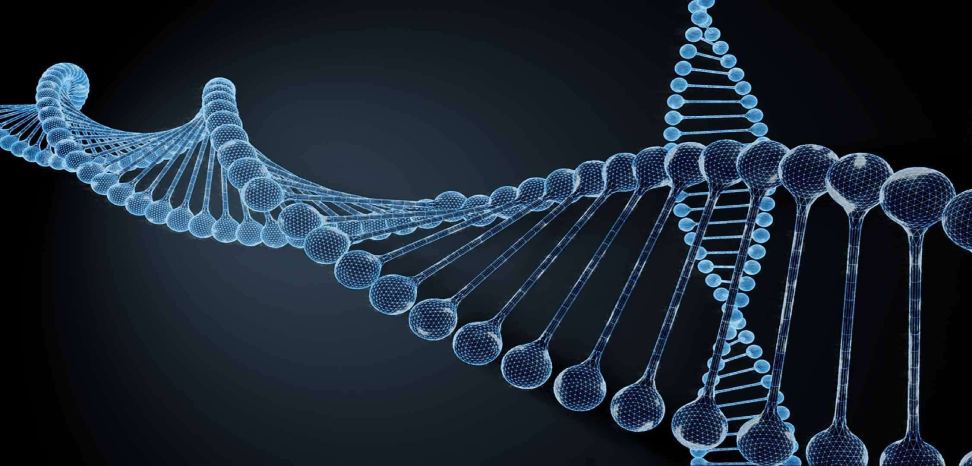Laser Book 247, Apbook, Gbets, Goldenexch99, Gold365: Precision medicine utilizes a patient-centered approach that aims to tailor medical treatments based on individual characteristics, such as genetic makeup, lifestyle, and environmental factors. By leveraging advanced technologies and data analytics, precision medicine seeks to optimize therapeutic strategies for optimal patient outcomes. Bioinformatics plays a significant crucial role in precision medicine which enables the integration and analysis of vast amounts of biological data, including genomics, proteomics, and metabolomics, to identify patterns and correlations that can guide personalized treatment decisions.
Bioinformatics utilizes computational tools and algorithms to process and interpret complex biological data, providing valuable insights into disease mechanisms, drug responses, and patient outcomes. Through the application of bioinformatics in precision medicine, healthcare professionals can make evidence-based decisions that take into account the unique characteristics of each patient. By harnessing the power of bioinformatics, precision medicine holds the promise of revolutionizing healthcare delivery, offering personalized treatments that are more effective, efficient, and tailored to individual needs.
Key Concepts in Bioinformatics for Precision Medicine
Bioinformatics plays a critical role in advancing precision medicine by utilizing computational tools and techniques to analyze biological data. One key concept in bioinformatics for precision medicine is the integration of various types of data, such as genomics, transcriptomics, proteomics, and metabolomics, to provide a comprehensive understanding of an individual’s health status. By combining and analyzing these diverse datasets, bioinformaticians can identify unique biological markers and patterns that can be used to tailor personalized treatment strategies for patients.
Another important concept in bioinformatics for precision medicine is the development of predictive models using machine learning algorithms to optimize patient care. By leveraging big data analytics, bioinformatics can help predict disease outcomes, treatment responses, and potential side effects based on a patient’s genetic profile and other clinical data. These predictive models enable healthcare providers to make informed decisions about the most effective therapies for individual patients, leading to more targeted and efficient healthcare interventions.
Role of Data Analysis in Precision Medicine
Data analysis plays a crucial role in the field of precision medicine by interpreting vast amounts of biological and clinical data to tailor treatments that are personalized to individual patients. Through various analytical techniques, researchers can identify patterns, trends, and correlations within complex datasets to better understand diseases at a molecular level. This allows for the development of targeted therapies that are not only more effective but also minimize adverse side effects.
Furthermore, data analysis enables healthcare providers to predict patient outcomes, assess disease risk, and optimize treatment strategies. By leveraging computational tools and algorithms, clinicians can make data-driven decisions that improve patient care and prognosis. Ultimately, the integration of data analysis in precision medicine paves the way for a more precise, efficient, and personalized approach to healthcare that benefits both patients and healthcare professionals alike.
What is precision medicine?
Precision medicine is a specific approach to patient care. Here account for individual variability , environment, and lifestyle prescribed for each person.
What is bioinformatics?
Bioinformatics is the field that involves the use of computer algorithms and software to analyze and interpret biological data.
How is bioinformatics used in precision medicine?
Bioinformatics is used in precision medicine to analyze large amounts of data, such as genomic information, to identify patterns and trends that can help tailor treatments to individual patients.
What are some key concepts in bioinformatics for precision medicine?
Key concepts include genomic sequencing, data mining, machine learning, and personalized medicine.
What is the role of data analysis in precision medicine?
Data analysis plays a crucial role in precision medicine by helping to identify genetic variations, biomarkers, and other factors that can inform personalized treatment plans for patients.
Must Read :
- SocialBee Review: How To Use SocialBee?
- All You Have To Know About Pacman 30th Anniversary
- Why Is Brand Reputation Important For Your Business?

